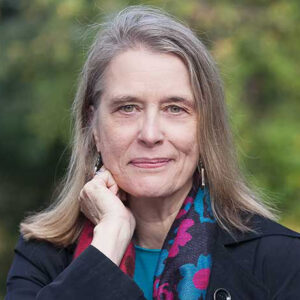The concept of an environmentally conscious household is not a new one—it just used to be called ‘good housekeeping’.
Our grandmother washed pieces of used aluminum foil in hot sudsy water and then gently dried, folded and stored it to be reused. She also recycled fabric for quilts, and there was a hand-braided rug on the day porch made from scraps of used clothing, which resembled a colorful large mandala. Grandfather was always keen to reuse materials and converted an old sleigh harness with brass bells into a lamp for the car port. The house was filled with antique furniture purchased at local farm auctions, including a four-legged, coffee table that was made from an old pine wagon seat. It was practical, esthetically pleasing, fun and ‘recycled’ before the term was popular. And I vividly recall my grandmother’s ghoulish technique to kill the black beetles devouring her roses. She didn’t use pesticides instead, she ladled the offenders into a can of gooey white paint where they asphyxiated looking like a heaving troop of yogurt-coated almonds.
Our grandparents had survived the Great Depression; they understood from hard experience that resources could be finite and embodied the proverb of “waste not, want not.” Even their home was recycled—they purchased a two-story, weatherboard farm house built sometime in or around the American Civil War that was in need of restoration.
Recently, I was introduced to the modern equivalent of my grandparents. In conversation with a local professional woman I learnd that she and her family are living off the grid. They have enough solar panels to generate sufficient electricity to run their household appliances and maintain two, fully charged electric cars. I am certain that my grandparents would approve.
But one big difference between my grandparents and this modern family is that the latter are economically placed to be environmentally conscious. Their financial survival does not depend on their ability to conserve energy. It is a positive choice and they are to be heartily applauded, but for most of us, the idea of purchasing and maintaining two expensive electric cars, for example, is impractical. So what are our options?
Our solution is to integrate elements of my grandparents’ frugality with an environmentally thoughtful approach. In memory of my grandmother, I always wash and reuse aluminum foil. We recycle glass and paper, and we compost. We avoid conspicuous consumption and most of our income is spent on food and recreational activities. On the energy side, we have a secondhand hybrid car, and there are fifteen solar panels on the roof to help support our energy needs. Our dining room table is made from thick wooden beams salvaged from a nineteenth century office building in the United States, and my office desk is made from a Sequoia tree that once graced our local town’s golf course. It has a rich patina and it holds a special place in my life because it was built by my husband. One of my hobbies is to decorate old furniture and I always try to use environmentally friendly paints. And like my grandparents, we are living in an old weatherboard home built over one hundred years ago. It was built to last and I imagine we won’t be the last people to live here.
Our life is richer, more inventive and complicated from the pressure to live an environmentally thoughtful life. We could do much more to reduce our carbon consumption and this awareness does influence some of our daily choices from the use of public transport and eating less red meat to the purchase of second hand clothes. Whether we own two electric cars or not, we are privileged to be in this position and to have any choices. What keeps me inspired is my grandparents’ example and the efforts of others to reduce their environmental impact. Our actions are just a tiny drop in the ocean but I hope future generations who are left with the effects of climate change will know that some of us attempted to live in a more sustainable way.
